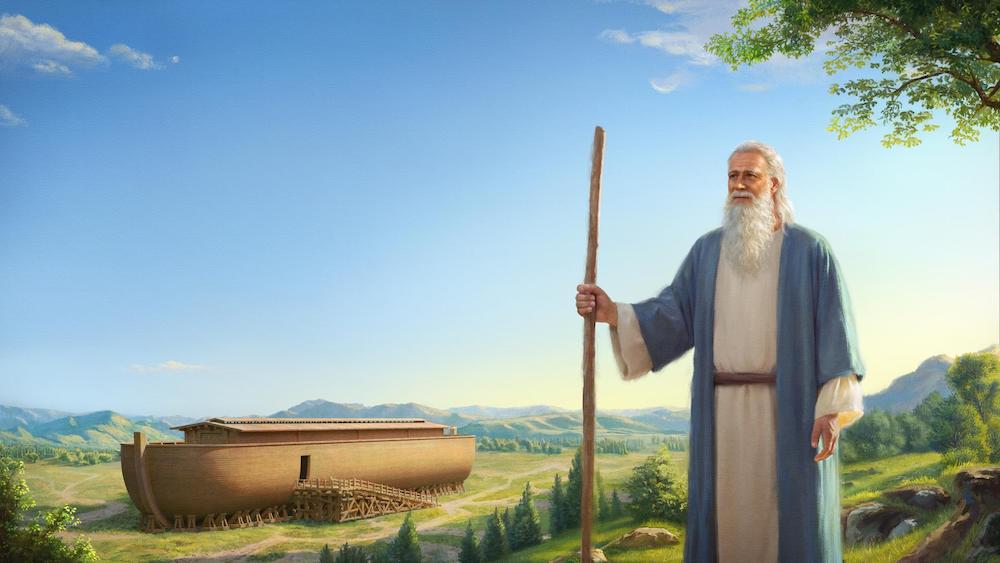The biblical account of the Flood, as depicted in the story of Noah and the Ark, stands as one of the most cataclysmic events in religious history. A divine intervention to cleanse the Earth, the Flood unfolds as a narrative of warning, preservation, and renewal.
Let's explore the profound dimensions of this biblical flood, delving into its origins, execution, and the enduring lessons it imparts.
- Origins of the Flood Narrative:
- The Flood narrative finds its roots in the Book of Genesis, where God observes the corruption and wickedness of humanity and decides to bring a catastrophic flood to cleanse the Earth.
- Noah's Righteousness and Divine Command:
- Noah, described as a righteous man, receives a divine command to build an ark to preserve himself, his family, and pairs of each animal species. His obedience becomes a pivotal element in the unfolding events.
- The Ark's Construction:
- Noah diligently follows God's instructions to construct the ark, a massive vessel designed to withstand the impending deluge. The ark becomes a symbol of divine provision and a means of salvation.
- The Animals' Entry:
- Animals, two by two, enter the ark, symbolizing the preservation of Earth's biodiversity. This event underscores the interconnectedness of all living creatures and the importance of their survival.
- The Deluge and Forty Days of Rain:
- The floodwaters are unleashed, and rain falls continuously for forty days and nights. The deluge covers the entire Earth, submerging everything beneath its waters in a cataclysmic event.
- Noah's Faith and God's Covenant:
- Throughout the flood, Noah displays unwavering faith. After the waters recede, God establishes a covenant with Noah, promising to never again destroy the Earth in such a manner and providing the rainbow as a sign of this covenant.
- Symbolism of the Flood:
- The Flood narrative is laden with symbolic meanings, representing themes of divine judgment, redemption, and the opportunity for renewal. The ark itself becomes a metaphor for God's salvation and the potential for spiritual rebirth.
- Historical and Cultural Impact:
- The story of the Flood has left an indelible mark on various cultures and religious traditions. Similar flood narratives exist in the mythology of different civilizations, showcasing the universal themes of catastrophe and renewal.
- Contemporary Reflections:
- The Flood narrative prompts contemporary reflections on humanity's relationship with the environment, the consequences of moral choices, and the potential for redemption and renewal in the face of global challenges.
The Flood narrative is a cataclysmic event rich in spiritual, symbolic, and moral dimensions. It invites contemplation on themes of divine judgment, salvation, and the enduring promise of renewal—a narrative that resonates across cultures and generations, reminding us of the delicate balance between humanity and the natural world.




